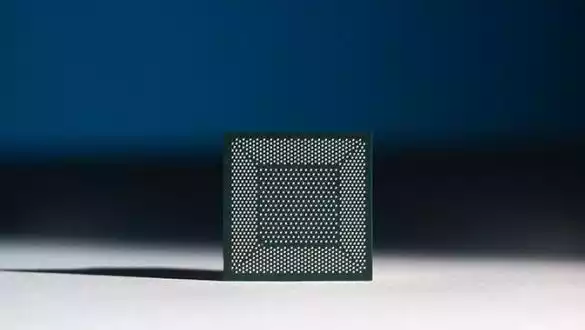The performance offered by Apple's M1 Pro and M1 Max chips has dominated the headlines, making a compelling case for choosing the new MacBook Pro 2021 model over Windows 11 laptops.
However, Intel may be looking to rewind on the performance front with its upcoming Alder Lake laptop processors. That's because leaked benchmarks show that the unreleased Intel Core i9-12900HK outperforms the latest Apple Silicon chip.
Wccftech has found a Geekbench 5 listing for the laptop-grade Core i9-12900HK, which is based on the Alder Lake-P architecture and features 14 cores and 20 threads, making it an Intel Tiger It is likely to be an upgrade over Lake. In single-core testing, this unannounced Intel chip scored 1,851 points, and in multi-core testing it scored 13,256 points. [These scores surpassed the M1 Max chip, which had 1,785 and 12,753, respectively. The Core i9-12900HK also easily outperformed the older Core i9-11980HK and AMD's Ryzen 5980HX.
This significant power boost is promising for the performance of future Windows 11 laptops that are likely to adopt this chip, at least in higher-spec models. It also indicates that Intel's next-generation laptop chip may be a more serious upgrade than the previous generation, whereas the past few jumps from generation to generation have been less pronounced.
It is also worth pointing out that this Core i9 chip is almost certainly an engineering sample, so we do not know under what conditions it was operating. If efficiency and performance per watt were left on the table, maximum power could easily be achieved.
The question then arises as to how this performance compares to efficiency. One of the main advantages of Apple's in-house chips is that they balance performance and power consumption, providing significant benefits to both.
Familiarity with both aspects of the machine means that Apple knows exactly what they are capable of. This allows Apple to design its hardware and software in such a way that one reliably complements the other, allowing it to get more for less. This is something that companies like Intel and AMD cannot easily do.
Benchmark tests can show that Intel has made a huge leap forward in performance, but they do not tell us what the cost of that performance has been. In other words, until these chips are actually released and tested around the world, we have no way of knowing what the impact on power consumption will be.
In any case, it is great to see that Intel is taking Apple's chip innovations seriously and trying to outdo Apple silicon whenever possible. But until we know the whole picture, we should probably refrain from making sweeping declarations.
Of course, performance and user experience are two different things. If you're a macOS guy, you're not going to choose a Windows laptop over a new MacBook Pro because of Intel performance. But if you are platform-agnostic or a PC gamer, you may want to take a look at these leaked benchmarks and see what Intel does next before deciding which laptop to buy.










Comments